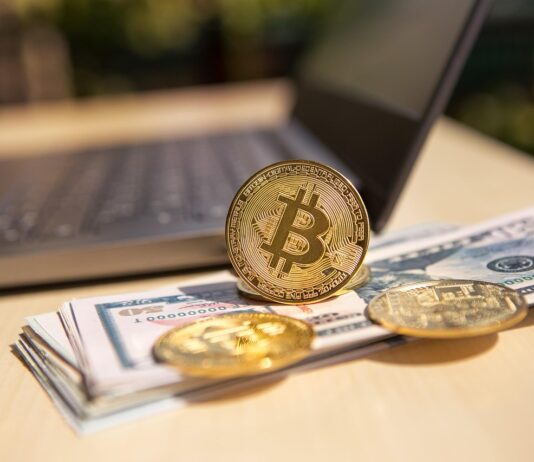Trending Now
Featured Bitcoin, Blockchain & Cryptocurrency News
CPI report today: What it means for crypto
Financial markets, including the crypto world, are focused on the US inflation report this week. The latest Consumer Price Index (CPI) will be released...
Starknet unveils plan to unify Bitcoin and Ethereum to improve Bitcoin’s DeFi functionality
Starknet has announced its ambitious plan to become the first Layer 2 solution combining Bitcoin and Ethereum. The goal is to enhance Bitcoin's functionality...
SEC postpones altcoin ETFs
A number of altcoin ETFs are currently ineligible for approval. However, according to analysts, this is standard procedure.
The U.S. Securities and Exchange Commission (SEC)...
Bitcoin on the verge of a comeback? Expert sees parallels to 2017
After recent losses, Bitcoin recovered somewhat on Wednesday but was unable to initiate a sustained recovery. Uncertainty surrounding US trade tariffs and ongoing concerns...






















